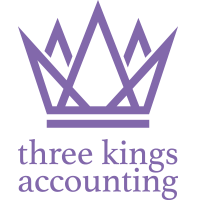It is quite possible within the VAT system for a business to be in the position of having to pay over VAT to HMRC while not having received payment from their customer.
Bad debt relief allows businesses that have made supplies on which they have accounted for and paid VAT but for which they have not received payment, to claim a refund of the VAT by reference to the outstanding amount.
The Conditions for Relief
In order to make a claim a business must satisfy a number of conditions, the key ones being:
- goods and services have been supplied and the VAT in question has been accounted for and paid to HMRC
- six months has elapsed since the date of supply and the due date for payment, whichever is the later
- The debt has not been sold, factored or otherwise assigned to another party
- all or part of the outstanding amount must have been written off in the day-to-day accounting records as a bad debt (to a separate ‘refunds for bad debts account’).
Making the Claim
A claim is made by entering the appropriate amount in Box 4 of the VAT return for the period in which entitlement to the claim arises (or any permissible later period).
It is not permitted to issue a credit note to the customer in respect of any bad debt claims.
The amount of any VAT relief is calculated with reference to the outstanding amount. In cases where part payment has been received from the customer the outstanding amount must be treated as VAT-inclusive, and hence relief can be claimed only on VAT relating to the amount that remains unpaid.
If a claim for bad debt relief is made via the VAT return and the customer subsequently makes a partial or full payment, the taxpayer is obliged to reverse or adjust their claim accordingly.
Records
Businesses making bad debt relief claims must keep records for four years from the date of the claim to show:
- the time and nature of supply, purchaser and consideration – normally a copy of the VAT invoice will show this
- the amount of VAT and the accounting period it was paid to HMRC
- any payment received for the supply
- details of entries in the ‘refunds for bad debts account’.
Repayment of Input Tax by Purchaser
This measure might be described as the reverse of bad debt relief since it focuses on the customer rather than the supplier.
Where a customer has not paid a supplier within six months of the date of the supply or, if later, the date payment is due, VAT previously claimed as input tax, must be repaid to HMRC via the VAT return. This puts a burden on all VAT registered businesses to monitor their purchase ledger to anticipate whether they need to reverse any input tax recovered on goods and services received from suppliers.
How we can help
We would be pleased to help with further advice in this area.


